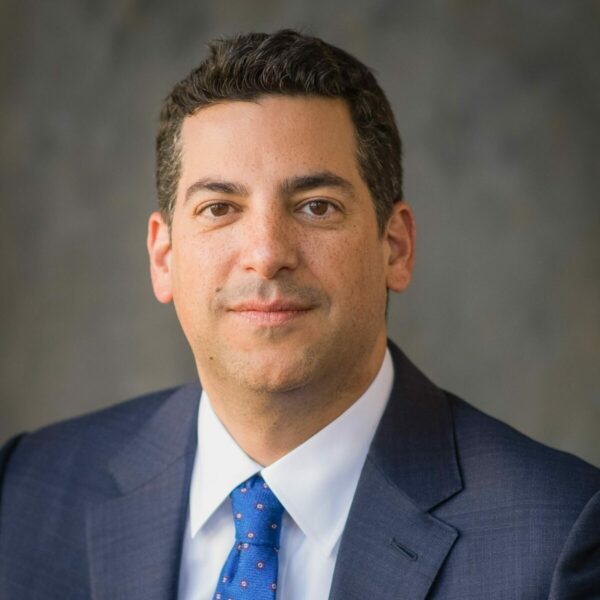
Amid the pandemic, workers whose jobs once defined their lives are questioning what it was all for.
By Sam Blum | Vox
Nina Rudnick sometimes dreams of an escape. As a director at a psychological research nonprofit, Rudnick, 37, is beholden to an inescapable reality: Work — and the feeling that she must remain constantly immersed in it — never ends. On a typical day, she’ll herd her 3-year-old son out of bed and to day care before commuting to a nine-hour day at the office. Often, she’s back at her computer after putting him to sleep. As she continues to ascend the ranks of her field, the impulse to work beyond the hours of a normal day only grows.
But since the Covid-19 pandemic, life has slowed down. Rudnick no longer rouses her toddler in the morning and rushes to the office in a harried frenzy. She is still working, but productivity in front of a computer is making way for more sentimental moments with her son. She doesn’t want it to change.
“The last two years, I’ve been working so hard for so many hours and lamenting the fact that I’m away from my kid so much,” she says. But in isolation, “I’ve had so many incredibly sweet moments with him.”
Like so many other Americans, Rudnick spent much of her adult life striving to fulfill an incessant demand for productivity, in realms professional and private. She says “hypercompetitive areas” like the Bay Area, where she lives, reinforce a notion endemic to much of modern American society: that constant work and productivity equals a greater sense of purpose and meaning in life.
“When you make your identity what you produce, then you’re kind of limiting yourself,” she says. She’s learned that “the stakes for being wrong or not producing at the level one expects of themselves are much higher if someone defines themselves by what they do.”












